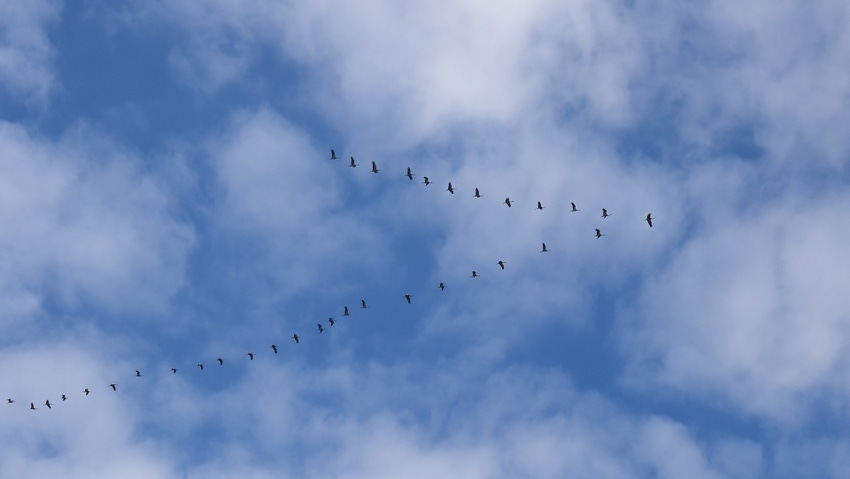Reasons for severity, longevity of HPAI strain remain unclear
Numerous challenges present in effort to commercialize a vaccination.
3 Min Read

pixabay
About the Author(s)
Subscribe to Our Newsletters
Feedstuffs is the news source for animal agriculture
You May Also Like





